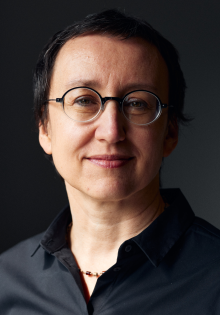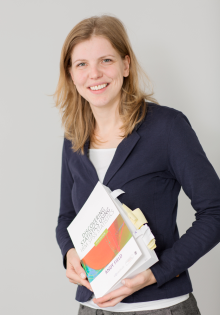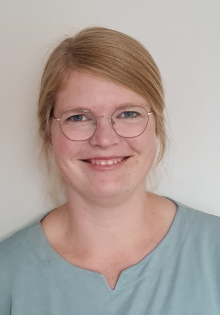Children are spending more and more time in front of tablets, smartphones and laptops, while traditional books are increasingly losing their appeal. One thing is clear: reading educates and promotes cognitive skills. A team of researchers from Paderborn University and participating universities in Norway, the Netherlands, Turkey and Malta has shown that digital books are also beneficial for young children. In a project funded by the European Union with around 400,000 euros, they have developed animated e-books for three to five-year-olds in ten different languages so far. The ERASMUS+ project "SAYL" ("Stimulating Adventures for Young Learners") has now been successfully completed after a period of around three years. The result is a freely accessible multimedia platform with added value.
Multimedia books based on the latest research findings
"Reading means experiencing adventures," says Prof Dr Katharina Rohlfing, Head of the Psycholinguistics Working Group at Paderborn University. "Many children gain their first access to such adventures through literature in their first language. But other children don't. At SAYL, we make this access possible by offering digital books in several languages in the highest quality."
The team has developed a multimedia platform that includes interactive digital stories in the majority and minority languages of the five participating countries. The platform is deliberately designed to be freely accessible via most modern devices from January 2026. A number of studies will be carried out before then. Dr Angela Grimminger from the Paderborn team explains: "The books have multimedia functions that support understanding according to the latest research findings. They offer the option of selecting a language, having the books read aloud in the respective language and interacting with animations." The functions are also intended to ensure that the digital books are a real alternative to other digital activities that children otherwise prefer.
Dr Jutta Trautwein, also from the Paderborn University team, emphasises: "We want to use the service to strengthen the reading experience in families and in early childhood education and care facilities". The programme is particularly aimed at children with a migration background, children who speak a minority language and children for whom good picture books are less accessible due to socio-economic factors.
Waiting list now open, study participants wanted
Interested parties can now register to be notified in time for the official launch of the website in January 2026. Until then, the Psycholinguistics working group is looking forward to hearing from families with children aged four and five who would like to take part in a study with the e-books. During a one-off appointment at the university, the children will experience one of the stories on the tablet and then talk about it. Participants will receive a small surprise as a thank you. Anyone interested can send an email to sprachspiellabor@uni-paderborn.de or call Prof Rohlfing's team on 05251 60 57 05.
This text was translated automatically.





